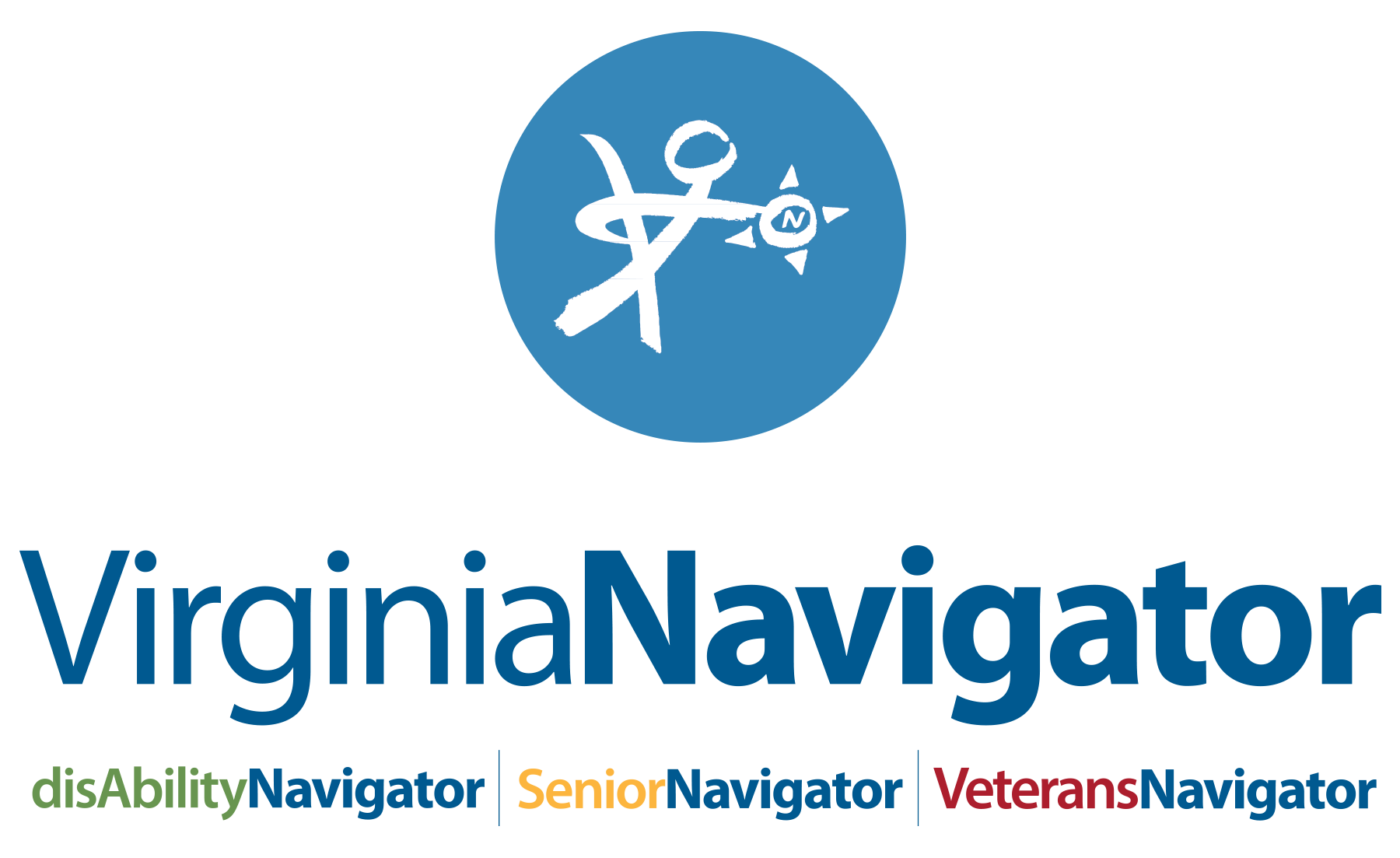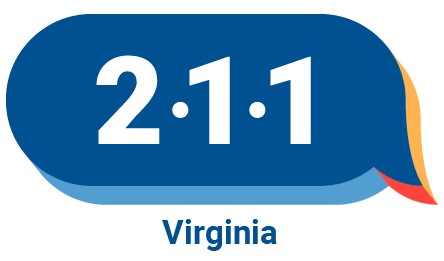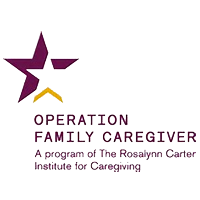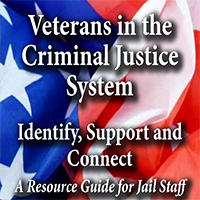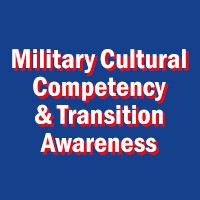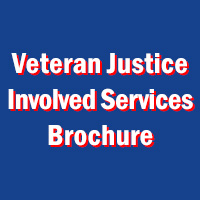Spouse
Working With Change
Your loved one comes home. Things have changed – for everyone. Whether these changes are good or bad, change means stress. The effects of combat injury, visible and invisible, can be huge. It’s normal to experience a mix of emotions as you adjust to a new reality. Find out how to support:
- Yourself
- Your spouse
- Your children
- Your relationship
Call the Caregiver Support Line to reach licensed clinical social workers. They are available to answer your questions, listen to your concerns and directly link you to the Caregiver Support Coordinator at your local VA Medical Center: 1-855-260-3274.
What To Expect Of Your Spouse
In some ways, it’s like your warrior brought the war home. A person with TBI or PTSD may:
- Have headaches
- Seem jittery, jumpy
- Avoid people
- Act risky
- Feel anger or sadness
What You Can't Do: Fix it.
While these are normal symptoms of real injuries, these can be and should be treated by a professional, just as you would do for a broken leg.
What You Can Do: Be there and be patient.
Watch for signs of violence and substance abuse. And don’t forget to take care of yourself.
What To Expect Of Yourself
It’s easy and maybe even necessary to become the caretaker when a loved one returns from military service with stress and injury. Keep in mind that your health – mental and physical – is important, too.
What You Can Do:
- Exercise
- Eat well
- Get enough sleep
- Use your support system of family and friends
- Have Hope. You Can Get Through This.
What To Expect Of The Relationship
No matter how much you communicated while your spouse was away, you have both been through some tough times the other person has no clue about.
What You Can Do:
- Support your spouse’s need to talk with other veterans
- Give it time
- Don’t expect things to return to normal
- Be flexible
- Participate in our web forums or call to find a support group near you
Learn more:
- VeteranCaregiver.com provides peer-to-peer support and special assistance for Caregivers of Veterans, as well as for ‘singleton’ Veterans. Caregiver and family support is vital to those aiding injured, or ill warriors and veterans. Join this exceptional community of peers & resources.
- Caregiver’s Journey: designed to help those who provide care for patients with TBI -get started with Session 1 now
- Caregiver Guides: complete four module curriculum developed by the TBI Family Caregiver Advisory Panel. A Caregiver’s Companion, with frequently used tools, is also included.
- Resource Center: find helpful information and links such as Journal Templates, FAQ and Glossary
- Caregiver Journeys: TBI patients and their caregivers discuss their experiences and challenges as they share their Caregiver Journeys.
- Military OneSource: offers service members and their spouses free, non-medical counseling. Military OneSource can refer a service member or eligible family member to a licensed professional counselor in the local civilian community at no cost. This counseling can be conducted face-to-face or over the phone, and addresses non-medical, short-term concerns for up to 12 sessions per issue per person. For more information, call 800-342-9647 or visit www.militaryonesource.com.
- Military Family Life Consultants are licensed, experienced clinical providers that hold masters or Ph.D. degrees and offer support to service members and their spouses. Like the counselors available through Military OneSource, they provide non-medical, short-term counseling for concerns like anger management or parenting issues. Importantly, Military Family Life Consultants refer situations requiring additional psychological health treatment to appropriate behavioral health agencies. Contact a Military Family Life Consultant through the appropriate resource at your home installation:
- Army Community Services
- Marine Corps Community Services
- Navy Fleet and Family Support Centers
- Airman and Family Readiness Centers
- Members of the National Guard or Reserve (and their spouses) can call the Military Family Life Consultant referral service toll-free at 888-755-9355
- All service members and families can contact the DCoE Outreach Center by calling 866-966-1020 for free, confidential guidance on contacting Military Family Life Consultants.
- Relationship enhancement classes are offered by most installations and many civilian communities, either through family support or service centers, through chaplain services or in their counterparts in the civilian community. Many of these classes are held once a week over several weeks or are offered in a weekend retreat format.




